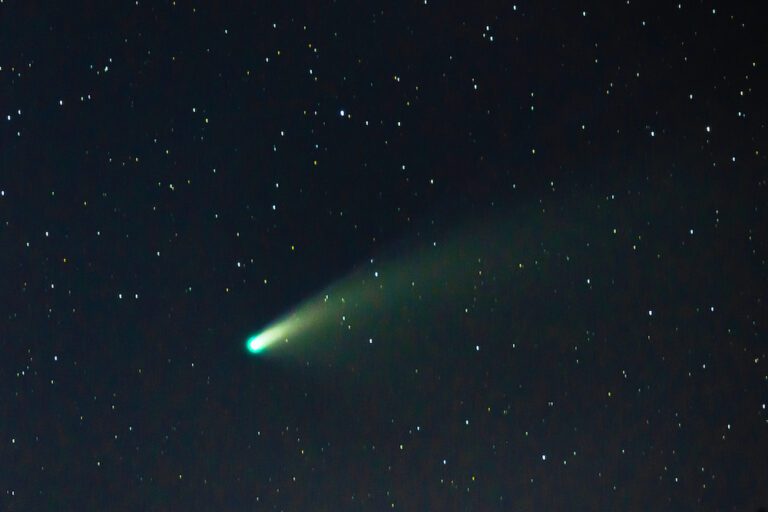Australia’s Commonwealth Ombudsman has produced two scathing reports on practices by Australian immigration authorities in the treatment of New Zealanders.
The reports reveal a huge spike in the number of New Zealanders being sent home and failed promises.
As a result large numbers of Kiwis are being left in limbo in detention centres after serving their time in prison.
New measures introduced by the Australian government in 2014 provide for the mandatory cancellation of visas for any foreign national sentenced to at least one year’s jail or those convicted of sex offences against children (see EXPLAINER below).
The tough stance has been a point of tension between Australia and New Zealand since New Zealanders – many of whom have lived in Australia since infancy and have no ties to New Zealand – are seen as being targeted by Australian authorities.
At least two New Zealanders have died in detention in mysterious circumstances. More than 200 are held at the notorious Christmas Island offshore detention centre.
The Ombudsman found immigration authorities had failed to cancel visas well before the estimated date of a prisoner’s release. In effect it lengthened the sentence, resulting in a “prolonging family separation” and broke a promise to prioritise the best interests of young children affected by visa cancellations.
The number of people deported from Australia because of serious criminal convictions has increased more than tenfold since 2014, the Ombudsman found.
The review of section 501 of the Migration Act considered the treatment of people who have their Australian visas cancelled because of crimes resulting in more than 12 months imprisonment, finding the number of visas cancelled shot up from 76 in 2013-14 to 983 in the last financial year.
Of the 1219 non-citizens who had their visas cancelled between January 2014 and February 2016, 697 were from New Zealand and 124 were from Britain.
A spokeswoman for Immigration Minister Peter Dutton said the government made no apologies for strengthening deportation laws “to further protect the Australian community”.
“Since the laws were strengthened, the government has cancelled the visas of serious criminals including 158 visas for child sex offences, 361 for assault, 78 for rape and 33 for murder, to name a few.”
New Zealand’s government prefers to keep comment on the subject behind closed doors.
Foreign Affairs Minister Murray McCully was unavailable to comment. A spokesperson for the ministry said: “Australia’s deportations policy as it relates to New Zealanders has been and will remain a matter of ongoing discussion between our two governments.”
The Labour Party’s corrections spokesman, Kelvin Davis, has been an outspoken critic of the policy, and highlighted a number of inconsistencies, errors of fact, and apparently wrongful application of the rules.
He said Australia’s tough stance won’t change because it would be “an admission that what they’re doing is wrong”.
Davis, who has travelled to Christmas Island where more than 200 Kiwis are still being held in detention, said the policy of keeping them there breached human rights and made no financial sense.
“It’s double jeopardy. They’ve done their time in prison and then they’re being punished again by being held in detention centres for months. Double jeopardy shouldn’t exist in any country.”
“It’s been a stupid policy from the outset,” he said.
“Nothing’s going to change over there because that would be an admission that what they’re doing is wrong.”
For the Australian government it was “political gold” to be seen to be coming down hard on foreigners who are committing crimes.
EXPLAINER
In December 2014 Australian Immigration Minister Peter Dutton amended section 501 of the Migration Act, providing mandatory deportation for non-citizens who hold a “substantial criminal record” whereby they’ve served 12 months or more in prison.
On both sides of the Tasman, appeals from New Zealand detainees highlight the murky status of more than 640,000 Kiwis living in Australia.
“It is a human rights issue,” says Labour MP Kelvin Davis, referring not only to the conditions of the detention centres, but to how the New Zealanders are facing deportation in the first place.
“Some people have come across as babies: they’ve been educated in Australia, they’ve found work in Australia, they’ve married and had children and grandchildren in Australia. They consider themselves Australian; they just happen to be officially New Zealand citizens.”
After a social security law change in 2001, New Zealanders arriving in Australia lost a clear path to citizenship. Instead of gaining permanent residency on entry under the Trans-Tasman Travel Arrangement, they became special category visa holders: permitted to work and live indefinitely in Australia, but with restrictions and without the right to vote.
While New Zealanders can access Medicare and limited social security payments, they need to apply for permanent residency before applying for citizenship – competing with people abroad for a capped number of skills-based visas.
Australians arriving in New Zealand can vote after one year, receive full government benefits after two, and become citizens after five.







